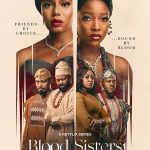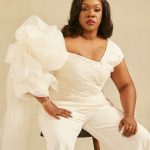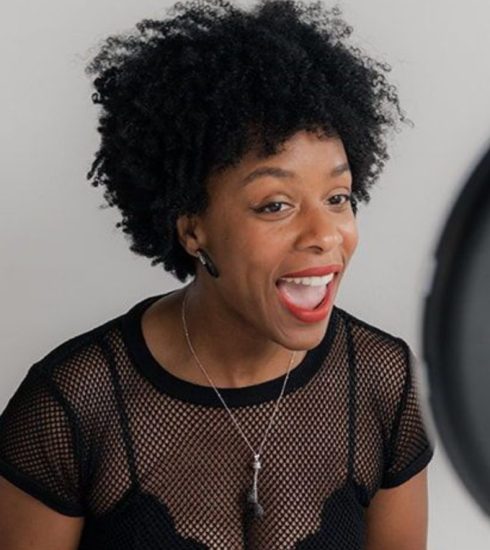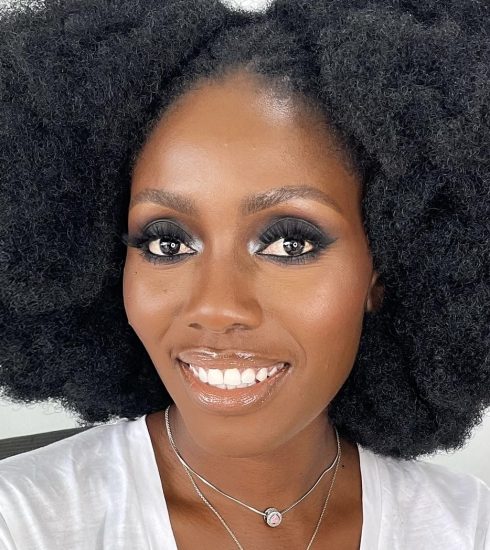Is This Too Real? Celebrating Mental Health Awareness Month
There is no perfect body system. Think about your physical health from when you were growing up until now. How many times have you had to call on your doctor to complain about a migraine? The pain from the ulcer you feel, explain to people who easily understand. The lump you feel in your breast urges you to go to the hospital pronto; you don’t hesitate to get it checked. So why does our society try to silence the mental pain? Why do we hesitate to see someone when it comes to our mental health?
Affairs of mental health is no respecter of age, financial status, or gender, and so everyone at some point in their lives has experienced moments when they are not okay. These are pain that we as a society aren’t quick to talk about.
The way you feel when the walls are closing in on you. The suffocation that you feel, sometimes physically too, as if you are about to pass out. The recurring anxiety, the lowly moments of depression when it feels like there is no light at the end of the tunnel, the overthinking that works hand in hand with insomnia ensuring that sound sleep is no longer regular, the weird feeling you get after giving birth but people expect you to be cheerful because it is a beautiful thing—yet you feel the exact opposite. Why does it feel weird to talk about it when most people feel it? I do not feel weird talking about my food poisoning for instance, why should I feel some type of way talking about my anxiety?
My fears, insecurities, despair, worries, and angst?
For so long, mental health issues have either carried stigma along with or been talked over, be it anxiety, depression, bipolar disorder, posttraumatic stress disorder, postpartum depression, obsessive-compulsive disorder, schizophrenia or beyond. Think of it as pain inequality. When you think about how easy it is to tell people that you were at the hospital to see your family doctor without raising eyebrows, and how opposite the reaction is when you tell them you were in a therapy session. The former hospital visit is to rectify a physical pain, while the latter is to fix a mental pain. No one hurts more than the other; in fact, we have seen multiple instances when both pains lead to the same grave.
Earlier this year in January, the news of Cheslie Kryst’s death—the 2019 winner of the Miss USA pageant—sent shockwaves around the world. She died at the age of just 30 after jumping from a 60-story building in New York, United States. Months after her death, Cheslie’s mum, Alice Simpkins, opened up about her daughter’s death. During her appearance on Jada Pinkett Smith’s popular show Red Table Talk, Alice said that her daughter sent her a long text before jumping from the building in New York City. The text reads:
“First, I’m sorry, by the time you get this, I won’t be alive anymore. And it makes me even sadder to write this because I know it will hurt you the most. I wish I could stay with you, but I cannot bear the crushing weight of persistent sadness, hopelessness, and loneliness any longer,” Kryst said.
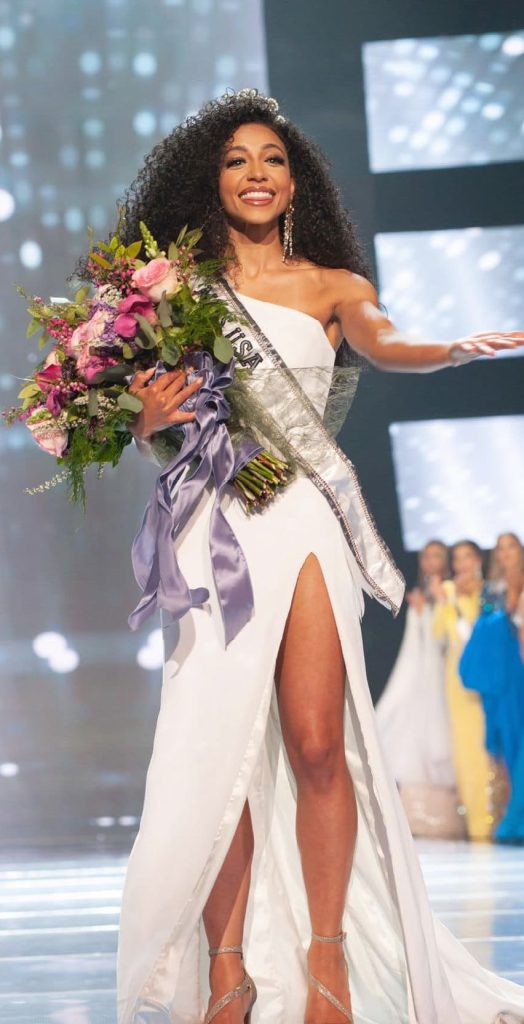
Former Miss America, Late Cheslie Kryst
Alice revealed that Krsyt decided to text her when she was in her exercise class so that she wouldn’t be able to “intervene”.
Most generations in Nigeria have been through trauma in one form or the other. Although different for each generation, it adds up as trauma. Think about the boomers; they lived through a whole war in the East back in the days and are still witnessing the insurgency up North and the South East. Generation Z lives with so much uncertainty about what kind of future the country has in store for them. For Millennials, it is as though the midlife crisis has come early. And yet we all walk around coping with the many difficult experiences until we hear another person has taken their life.
This is not at all a gloomy dark piece—far from it. It heeds to a nation’s cry for help. We must begin to take steps to intentional wholesomeness. It is okay to talk to friends about it. It is okay to reach out to a professional that was trained to untangle mental unclarities. It is okay that you feel the pain and are working towards its management or eradication. It is okay to not be okay.
Some mental health organisations to reach out to in Nigeria include:
1. Mentally Aware Nigeria Initiative (@mentallyawareng) – 0809-111-6264, 0811- 168-0686.
2. Neem Foundation – Northern insurgencyrelated (@neem_foundation) – 0809-454- 6708.
3. She Writes Woman (@shewriteswoman) – 0800-800-2000
4. Sane Mind – Child mental health (@sanemindng) – 0815-977-2016.
5. Postpartum Support Network (@psnafrica) You’ve got this!
Self-identifies as a middle child between millennials and the gen Z, began writing as a 14 year-old. Born and raised in Lagos where he would go on to obtain a degree in the University of Lagos, he mainly draws inspiration from societal issues and the ills within. His "live and let live" mantra shapes his thought process as he writes about lifestyle from a place of empathy and emotional intelligence. When he is not writing, he is very invested in football and sociopolitical commentary on social media.


